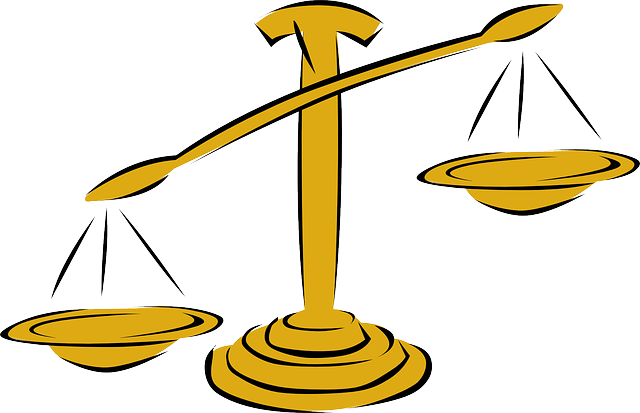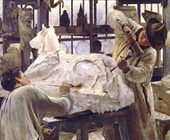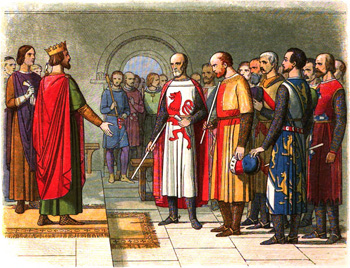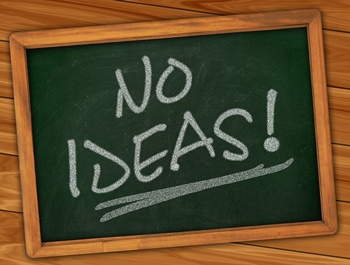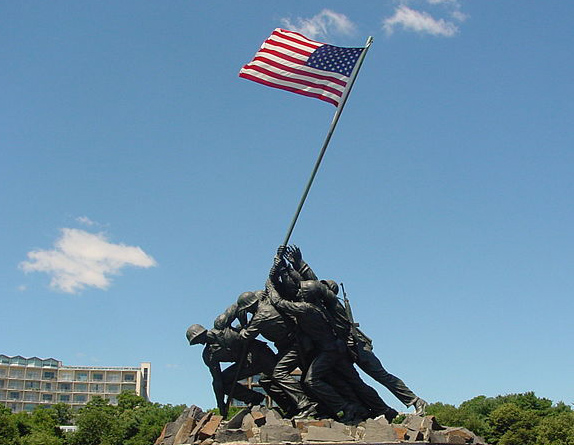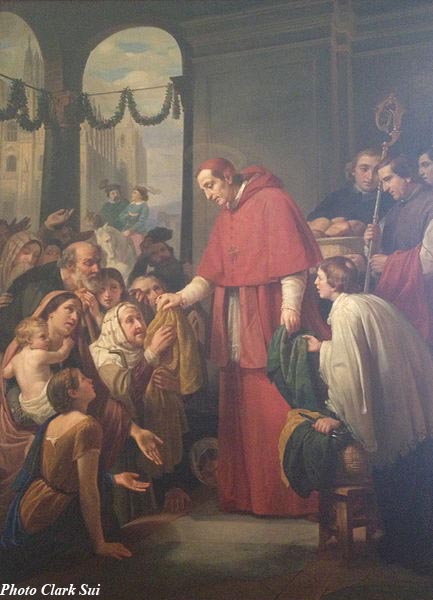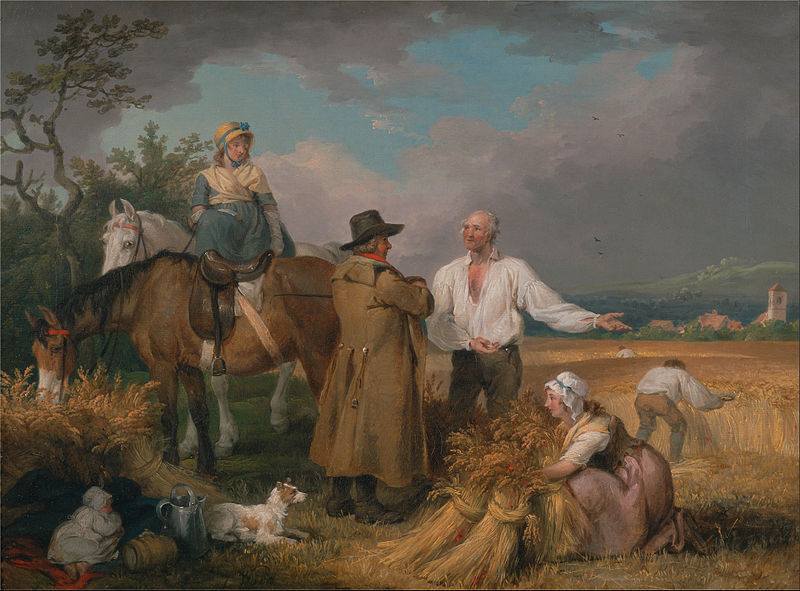“Bring the Rule of Law Back into Business” – Bradford Martin
“Until we bring the rule of law back into business and instill expectations of strong ethical and moral behavior by business (as corporations and individuals leaders) our economy and country will suffer. I hope this book will provide a framework on how business success, profit, and benefit to society can be brought into a sustainable … Read more



